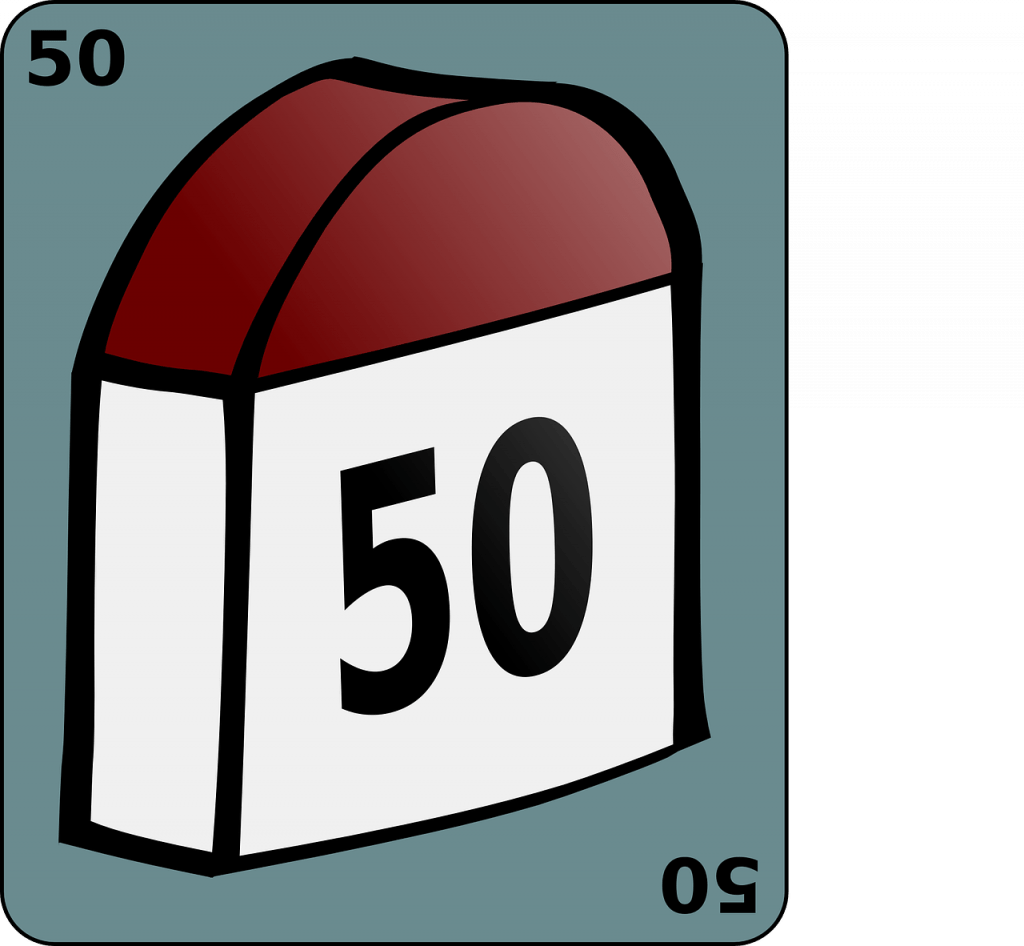Employees surely do work hard. After all, they do give priority to their job for at least seven to eight hours every day. Therefore, their achievements at work, no matter how small, need to be noticed, appreciated and even celebrated. And there is no need to wait till the end of a project, or till the successful accomplishment of a tough deadline or the end of the financial year or even the annual performance review to recognise the efforts or celebrate the smaller milestones of employees.
However, it is often seen that managers, team leaders and senior executives often get so caught up in their work and schedules that they tend to ignore the small achievements of their teams and team members, leave alone appreciate or celebrate them.
For instance, in the publishing industry, content has to be acquired, edited and proofread before it can go to print. There are many people involved in each phase. Each team, be it acquisition or editorial has its own challenges. If quality content is not acquired on time, there would be nothing to edit. So, the acquisition editor’s efforts to obtain the matter on time, need to be lauded by her/his team. Similarly, if the junior editors and senior editors do not put in that extra effort to edit and submit the documents on time, the typesetting team cannot format and lay out the content on time, and give it for final proofreading. Therefore, it is up to the managers of the respective teams to celebrate these small achievements of their team members as significant milestones.
Sometimes, it is one individual’s extraordinary work that helps the team move faster and closer towards the common goal, and sometimes it is the entire team that has worked as one to deliver as per promise. Whatever the case may be, it is important to appreciate even the smallest details/effort because it can go a long way in motivating the employees and keeping them engaged.
Studies in the past have revealed that most employees feel that it is appreciation they receive for their work than the salary increments and promotions that keep them engaged.
By celebrating the small milestones at the workplace, managers are able to show their employees how much they value them and how important they are to the team. This makes the recognised/appreciated employees realise how meaningful their contribution is to the organisational goal and success. Their team mates, on the other hand, get motivated to work harder in order to enjoy the same appreciation. The goal of the organisation can be driven home during the celebration to ensure that all the employees work together as one unified force.
How the employees are rewarded and how their milestones are celebrated is entirely up to the managers, the employees’ preferences and the company, in general.
If the workforce is small, it is not difficult to recognise and appreciate individual achievements or even celebrate them frequently. Small startups celebrate the smallest of achievements with a team lunch, or a cake cutting, or a movie. However, if the workforce is large, some effort will be required by the team leads to recognise and appreciate the achievement of small/individual milestones.
In bigger teams, therefore, it is important to set expectations and define clear goals at the very beginning itself. Once the goals are clear in everyone’s mind, it will be easier to get together and celebrate achievements as a team, and also inspire others in the process.
It may not seem very significant at first, but responding with a simple ‘thanks’ to the simplest of services, by each one in the organisation, builds a culture of appreciation. From the watchman, and cleaner to the senior-most person in the office, saying ‘thank you’ for the smallest and easiest of tasks, is a culture that has to be developed over time. It has to become a habit, only then will the culture of appreciation become a part of the organisation’s weave. And the best part is, expression of gratitude makes both parties—the giver and receiver of gratitude— feel good.
According to researchers at the University of Southern California’s Brain and Creativity Institute, a feeling of gratitude makes those areas of the brain more active, that are responsible for decision-making, acting fairly, rewarding, making value judgements, and so on. It makes sure that the individual’s thought processes are morally correct and economically sensible.
Celebration of small milestones should involve only relevant teams/team members. In other words, it should be a small, close-knit and more personal event than a huge gathering. For instance, it can be in the form of a small crowning ceremony of the achiever, with her/his team mates in attendance.
Small milestones can be rewarded with treats, such as a health club membership, or planting of a tree in the individual’s name, or even a day at the spa. T-shirts or jackets announcing the ‘star’ or ‘achiever’ can also be a big hit, especially with youngsters.
Team members can be involved in choosing the person who has to be rewarded for achieving a workplace milestone. After all, it is the team members who are best qualified to say who worked the hardest, and thus deserves to be nominated. This is quite a fair practice since it involves group decision-making, transparency, and also encourages bonding.


